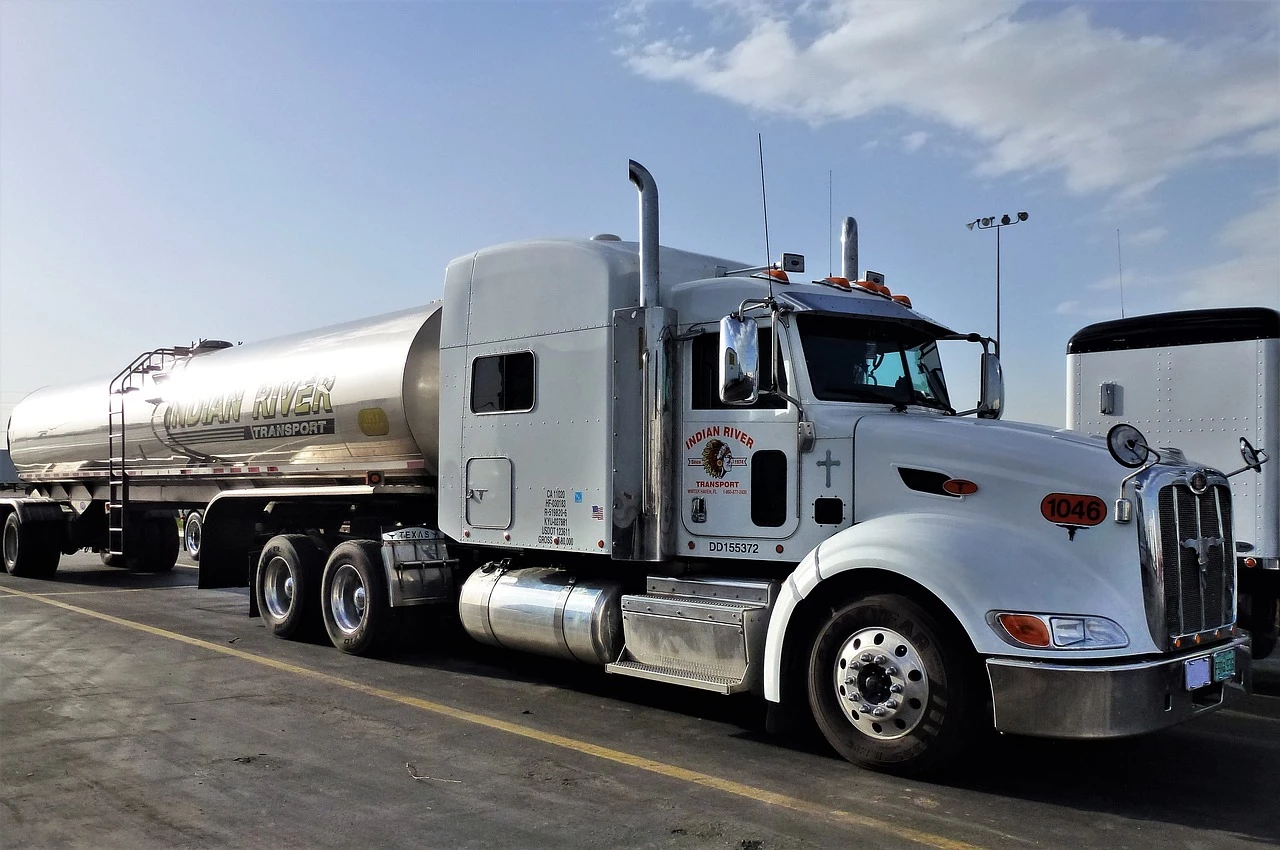Application Form
Please fill out the form below, so we can contact you as soon as possible!

Appropriate insurance coverage is essential in the fast-paced world of commercial trucking. Selecting the proper commercial truck insurance can take time, regardless of whether you own and operate a fleet of vehicles. Choosing is typically daunting due to the industry’s diversity and accessible coverage options.
Finding the right commercial truck insurance involves a methodical approach considering your unique business requirements, coverage options, reputable providers, and ongoing evaluation. By reading this blog and following the steps we covered, you can secure comprehensive coverage that safeguards your commercial trucking operations in an ever-evolving industry landscape.
Commercial truck insurance includes several coverage types bounded to the specific risks associated with the industry. It consists of cargo insurance (secures products being transported), physical damage coverage (guards against theft or accidents), and liability insurance (covers damages caused by your trucks). It could also be required to obtain specialized insurance, such as motor truck cargo insurance and bobtail insurance.
Travel distance, fleet size, and cargo type must all be taken into account when assessing your business needs. Due to higher hazards, long-haul or hazardous cargo may need specific coverage. The fleet size affects the amount of insurance required, which influences premiums and possible policy discounts. The kind and worth of the equipment and cars in your fleet also influence the coverage you need.
The size of the fleet, type of cargo, and distance traveled all greatly impact insurance requirements. Long-haul routes need broader protection, while hazardous cargo needs specific coverage. Policy scale and possible discounts are impacted by fleet size. The kind and value of a vehicle also influence a trucking company’s coverage requirements.
Understanding the range of commercial truck insurance options, which include cargo insurance, physical damage protection, and liability coverage for damages caused by trucks, is essential to evaluating the insurance requirements of your trucking business. Analyze particular operational components, such as the type of goods moved, travel times, and fleet size, in order to assess these demands efficiently. Because different cargo categories carry various dangers, they may need varied coverage, although long-haul routes may require broader insurance because of their size.
Let’s look closer at key coverage options:
The commercial trucking business is subject to varying legal requirements and industry standards for coverage, which are contingent upon several elements, including the nature of the operation, vehicle specifications, cargo being transported, and the operational location of the vehicles. Here are a few general things to think about:
Selecting a reputable insurance provider is paramount in the commercial trucking industry due to the complex nature of the risks involved. Reputable insurers have financial stability, making it possible to pay claims on time and consistently. A reliable insurance company exhibits more than just financial stability; it also has a history of providing exceptional customer service, managing claims quickly, and having a thorough awareness of the particular requirements and difficulties the trucking industry faces.
By selecting a reliable insurer, trucking companies can rest easy knowing they have a partner who can offer customized coverage, advise on the industry’s intricacies, and support them in the event of unanticipated circumstances, ultimately protecting the operations and longevity of the company.
When looking for a reliable insurance provider, it is vital to follow specific steps to find one. Here’s what you can do:
Navigating the commercial truck insurance application involves assessing your needs, researching reputable providers, and requesting quotes. Compare coverage and premiums, customize the policy, submit an accurate application, review the finalized policy documents, make the initial payment, and regularly reassess your coverage as your business evolves.
Documentation requirements for commercial truck insurance typically include vehicle details, driver information, cargo specifics, and prior insurance history. Common pitfalls during the application process involve inaccurate information, insufficient coverage, or overlooking specialized endorsements. Ensure accuracy in the data provided, customize coverage to match your needs, and don’t overlook critical endorsements for comprehensive protection.
Transparency during the insurance application process is crucial. Providing accurate and comprehensive information ensures tailored coverage that adequately protects your business. Concealing or misrepresenting details can lead to coverage gaps or policy cancellations, impacting your business’s financial security.
In conclusion, the search for the right commercial truck insurance demands a proactive and meticulous approach. Thorough research into insurance providers and a deep understanding of your business’s unique needs form the bedrock of securing comprehensive coverage. By prioritizing transparency during the application process and providing accurate information, businesses can ensure tailored insurance that safeguards against potential risks. Take the initiative to assess your requirements accurately, customize coverage accordingly, and regularly review and adjust policies as your business evolves. Embracing this proactive stance empowers you to find the optimal insurance solution, offering peace of mind and stability in an ever-evolving industry landscape.
Consulting with Owner Operator Land can be a valuable resource for owner-operators seeking insurance coverage. Our connections with reputable insurance providers can streamline the process, offering access to tailored coverage options that suit individual business needs. Collaborating with a specialized platform like Owner Operator Land may provide insights, expertise, and access to a network of insurers well-versed in the complexities of commercial trucking, ensuring owner-operators find the most suitable and reliable insurance coverage for their specific circumstances.
Application Form
Please fill out the form below, so we can contact you as soon as possible!